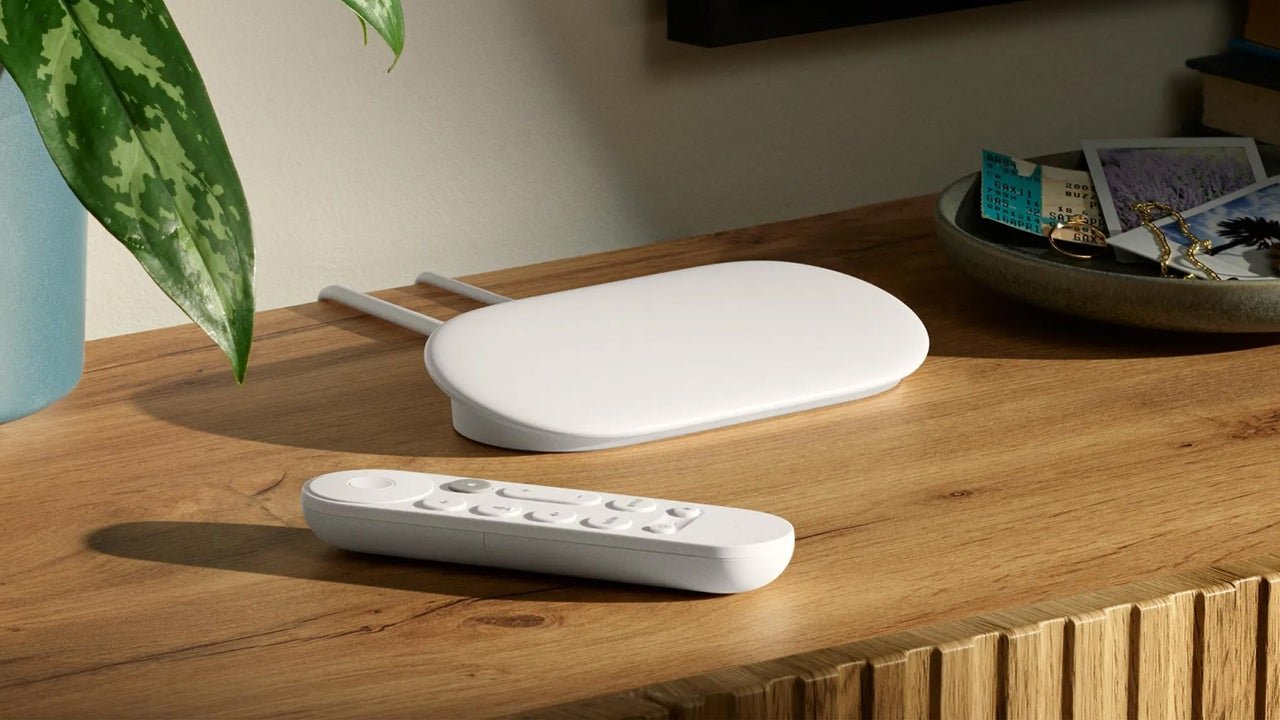The food and beverage industry has made major strides in making the industry more accessible and inclusive to women of all ages. But there’s still a long way to go before equality is achieved and glaring gaps remain, particularly at C-suite level.
“We need to get more women into food manufacturing,“ said Bethan Grylls, editor of FoodManufacture at Foodex Manufacturing Solutions 2025. “Currently women make up around 36% of the workforce.”
What’s stopping women in food and beverage?
One of the biggest barriers to women entering and thriving in food and beverage is the low numbers of women already in the industry.
“You have to see it to know you can be it,” says Jeni Adamson, industry engagement manager at Seafood Scotland.
And for women who do enter the industry, they’re often operating in male-dominated environments.
“Because of the nature of our products, designed for athletes, I find myself not only in a male-dominated industry but also working with predominantly male athletes, so for me a lot of the time I’ll be the only woman in the room,” says Michelle Laithwaite, co-founder and CEO of FuelHub.
And this statement doesn’t just reveal equality issues within the food and beverage industry, it highlights specific equality issues within sports nutrition. Why are female athletes not making up 50% of the athletes brands work with to develop their products?
“When it comes to creating success and longevity in endurance sports, recognising and catering to the differences between male and female athletes is vital,” says Carrie Barrett, coach for USA Triathlon.
Women can also be put off entering the food and beverage industry by the inflexibility of shift work, which dominates many areas of production. This is particularly true for mothers with young children.
But there are huge benefits to be gained by encouraging more women into the industry at all levels, and facilitating their ability to succeed.
“The emphasis placed on having a strong inclusion and diversity mindset is not without good reason,” says Jill Coyle, member chair for FDF Employment & Skills Forum. “An inclusive and diverse workplace improves business performances, enhances business reputation, widens recruitment pools, and makes it easier to retain and progress talent.”

What is industry doing to support women?
One of the strongest voices championing women in the industry is Women in the Food Industry (WIFI).
“We want to see a world in which the food industry treats women as equal, champions inclusion and diversity, and actively helps women of all ages and backgrounds fulfil their dreams,” says a spokesperson for WIFI.
The organisation is increasing awareness of roles women can play in food and beverage, connecting women to create an industry-wide community, and providing support, resources and training.
Organisations such as the UK’s Food and Drink Federation (FDF), are also working to encourage women into the industry by empowering their members to make positive changes.
“Conversations with FDF members have made it clear that businesses within the sector are taking positive steps by closing gender pay gaps, thinking about the possible challenges and solutions,” says FDF’s Coyle.
The European Institute of Innovation and Technology (EIT) has also established a programme to support women in the industry. The WE Lead Food Programme is designed to equip women with the tools to succeed across all sectors and at all levels.
Despite these efforts, the sector is a long way from achieving true equality.
“More needs to be done to increase the diversity of our workforce, particularly in senior leadership roles, and the sector should make more concrete commitments to embodying inclusion and diversity principles,” says FDF’s Coyle.

What more can industry do to support women?
“It’s about saying, how can we get more women into the industry?” says Ramona Hazan, founder of Ramona’s.
And one of those ways, Seafood Scotland’s Adamson suggests, is by celebrating women’s strengths.
“There are so many opportunities out there, especially when you think about areas like innovation,” she says. “These are areas women thrive in so it’s about making space for them.”
Educating young women and girls on the opportunities available to them in the food and beverage industry will also help to grow awareness and a feeling of inclusion, explains Seafood Scotland’s Adamson.
“For me it’s about getting into schools,” she says. “And we need to get young people into our environments to show them the science and technology so they know where a job in food and beverage could take them.”
And for women looking to enter into the food and beverage industry or for those already involved but struggling, “ask for help,” says Ramona’s Hazan. “Find women in the industry and talk to them. People who are doing it have always got time for others doing it.”











